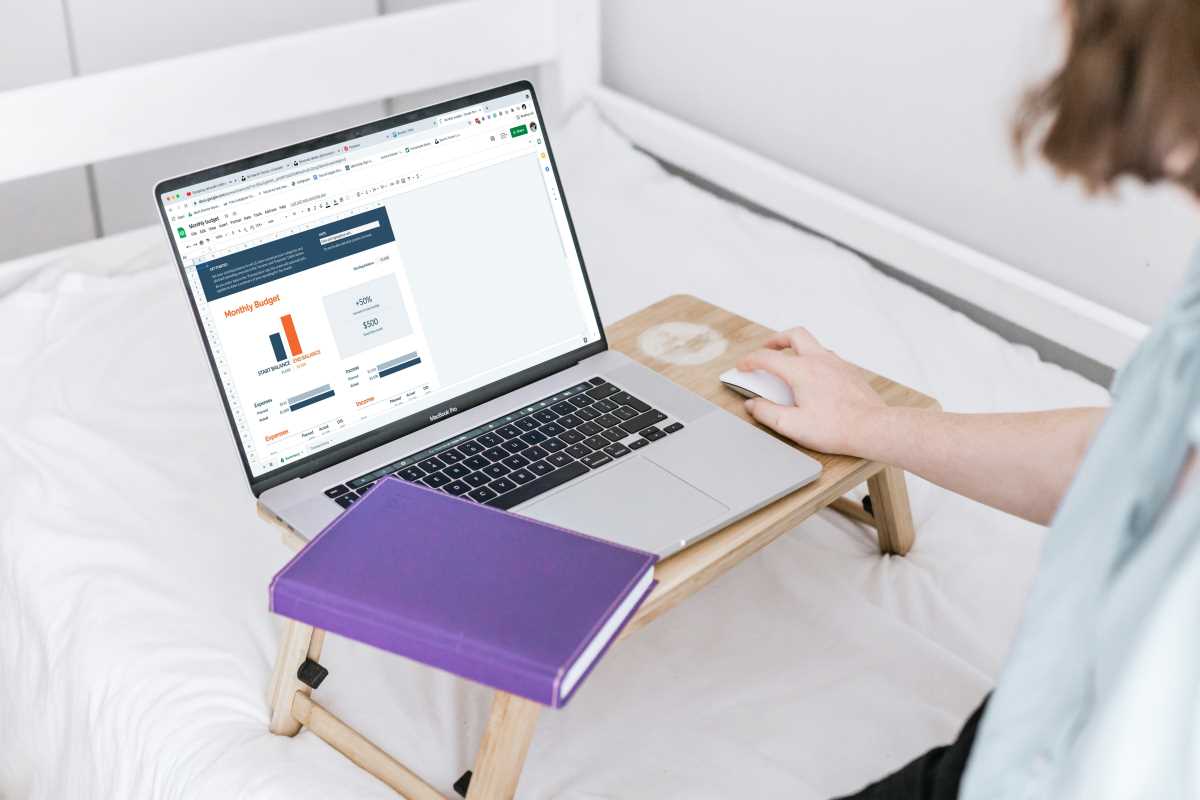Starting your own business is an exciting endeavor, but one of the most important things to consider before taking the plunge is the cost. The amount of money needed to start a business can vary widely depending on the industry, location, business model, and personal goals. While some businesses can be started with minimal investment, others require substantial capital. Let’s break down the key costs associated with launching your own business and help you better understand what to expect financially.
1. Business Registration and Legal Costs
Every business must be legally registered, and depending on the structure you choose (sole proprietorship, LLC, corporation, etc.), the fees can vary. Costs include:
- Business licenses and permits: These depend on your location and industry but can range from $50 to $500 or more.
- Incorporation fees: Forming an LLC or corporation typically costs between $100 and $500, depending on your state’s filing fees.
- Legal consultation: If you hire a lawyer to help with business formation, contracts, or trademarks, expect to pay $200 to $1,000 or more.
Estimated cost: $200 to $1,500+
2. Office or Workspace Expenses
The cost of a physical workspace can vary greatly depending on the nature of your business. Some businesses can operate from a home office, while others may require commercial space. Costs to consider include:
- Home office setup: If you’re working from home, you’ll need a computer, desk, printer, and other essentials. This can cost anywhere from $500 to $2,500.
- Commercial space: Renting office or retail space can be one of the biggest expenses. Leasing costs vary based on location, but commercial rent typically ranges from $500 to $3,000 per month. You’ll also need to factor in utilities, insurance, and any renovation costs.
Estimated cost: $500 (home office) to $5,000+ (commercial space)
3. Equipment and Supplies
Depending on your business type, you may need to purchase specialized equipment and supplies. This could include manufacturing tools, kitchen appliances, computers, software, or inventory.
- Office supplies and technology: Basic office needs like computers, phones, software, and furniture can cost $1,000 to $5,000.
- Industry-specific equipment: Specialized tools or equipment (e.g., restaurant kitchen equipment, construction tools, or photography gear) can range from $2,000 to $50,000+.
Estimated cost: $1,000 to $50,000+
4. Marketing and Branding
Marketing and branding are essential for building your business’s reputation and attracting customers. This includes logo design, website development, and advertising campaigns.
- Website: A basic website may cost $500 to $5,000 depending on complexity. E-commerce sites with additional features like online payment systems or inventory management can be more expensive.
- Branding and design: Hiring a professional designer for your logo, business cards, and other branding materials can range from $500 to $2,000.
- Marketing and advertising: Depending on your target audience and strategy, advertising can cost anywhere from $500 to $5,000 or more for digital ads, print, and other promotional activities.
Estimated cost: $1,500 to $10,000+
5. Inventory and Materials
If your business sells physical products, you’ll need to invest in inventory. The cost of raw materials or finished goods will depend on the scale and type of business.
- Initial inventory: The cost of stocking up on your first round of products can range from $500 to $50,000 depending on the type of product and volume.
- Storage: You’ll also need to consider storage costs, whether that’s renting warehouse space or purchasing storage solutions for your home.
Estimated cost: $500 to $50,000+
6. Employee Salaries and Benefits
If your business plan requires hiring employees, you’ll need to account for their salaries and benefits. The cost of hiring will depend on the number of employees, their roles, and whether they are full-time, part-time, or contractors.
- Salaries: Wages can vary greatly by industry, but you should plan for at least $20,000 to $50,000 per year for each full-time employee.
- Benefits: Employee benefits like health insurance, retirement plans, and vacation time can add an additional 20% to 30% to your employee expenses.
Estimated cost: $20,000+ per employee
7. Insurance
Business insurance is essential for protecting your company from potential risks, such as property damage, liability claims, or employee injuries. Costs depend on the type and size of your business, but common policies include:
- General liability insurance: This typically costs between $300 and $1,000 per year.
- Commercial property insurance: If you have a physical location, this could cost $500 to $2,500 annually.
- Worker’s compensation insurance: Required if you have employees, costing $500 to $2,000 annually.
Estimated cost: $500 to $5,000+
8. Ongoing Operating Costs
Once your business is up and running, you’ll have ongoing expenses to cover, including utilities, software subscriptions, shipping fees, and more.
- Utilities: For commercial spaces, utilities such as electricity, internet, and water can range from $200 to $1,000 per month.
- Software and subscriptions: Accounting, project management, or customer relationship management (CRM) software might cost anywhere from $20 to $500 per month, depending on the services you need.
Estimated cost: $500 to $3,000+ per month
9. Miscellaneous Costs
Starting a business often comes with unexpected expenses, so it’s wise to have a cushion for miscellaneous costs, such as:
- Taxes: You’ll need to set aside money for local, state, and federal taxes. The amount varies based on your income and business type.
- Professional services: You may need to hire accountants, consultants, or other professionals for assistance, which can cost several hundred to several thousand dollars annually.
Estimated cost: $1,000 to $5,000+
Total Estimated Cost
The total cost of starting a business can range widely depending on your specific needs and industry. On average, most small business owners can expect to spend between $3,000 and $50,000 to get their business off the ground. It’s important to create a detailed budget and set aside enough funds to cover your startup costs as well as a cushion for unexpected expenses.
In summary:
- Low-budget businesses (home office, freelance, or service-based): $3,000 to $10,000
- Medium-sized businesses (small retail or restaurant): $10,000 to $50,000
- Larger businesses (manufacturing, tech startups): $50,000 to $100,000 or more
Starting your own business requires careful financial planning and a realistic understanding of the costs involved. While the expenses may seem daunting, having a clear budget and understanding where your money will go can help you plan effectively. Whether you’re launching a small home-based business or a larger enterprise, the key to success is preparing for both the expected and unexpected costs of entrepreneurship.
(Image via Unsplash)
 (Image via
(Image via





